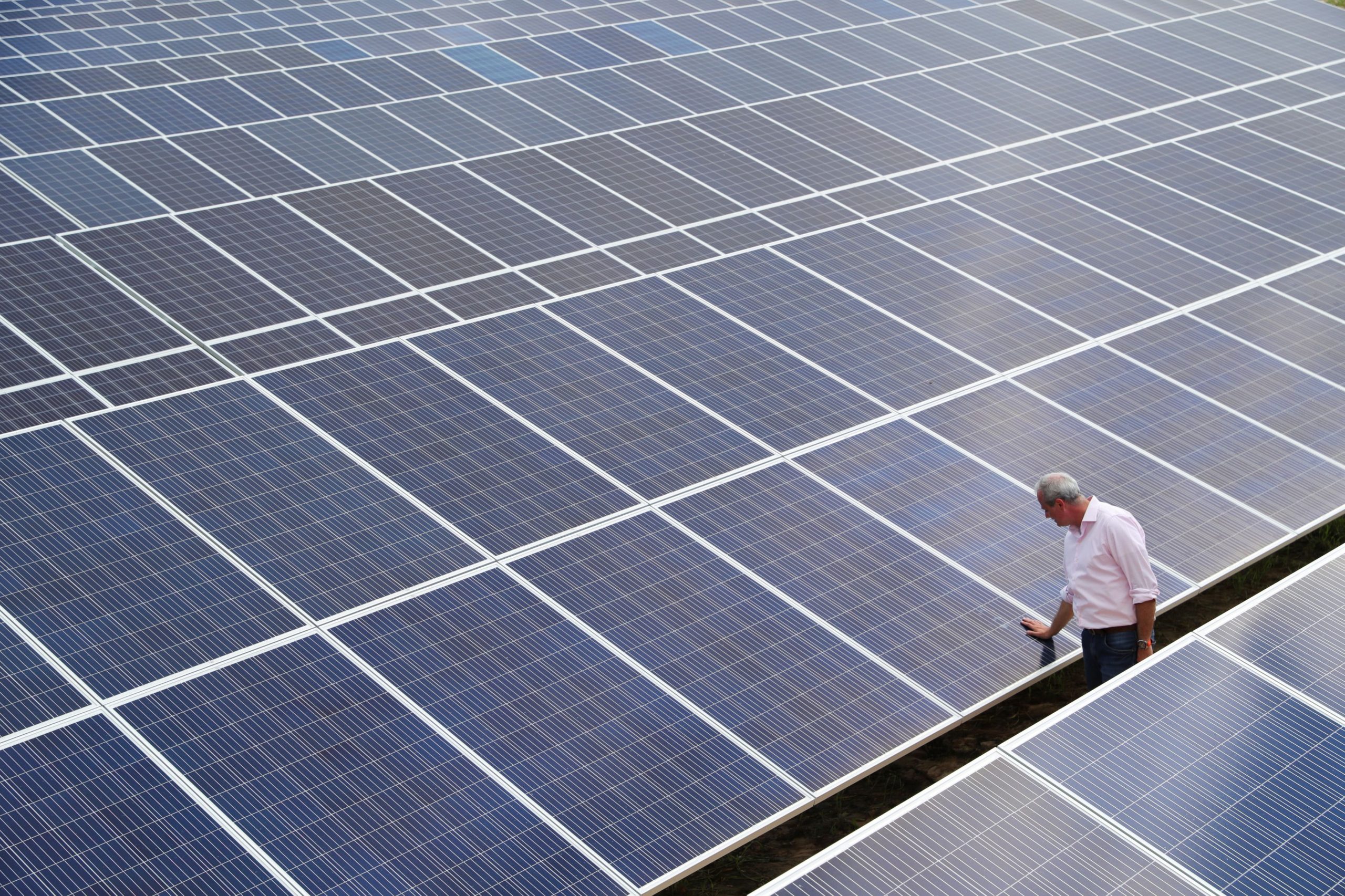
Greece ranks 16th in the EY Renewable Energy Country Attractiveness Index (RECAI 60), while it ranks second worldwide based on countries’ performance adjusted for their GDP size , according to the latest edition of EY’s semi-annual survey. The survey assesses the world’s top 40 economies and ranks them in terms of the attractiveness of renewable energy (RES) investment opportunities.
The 16th position is the highest Greece has occupied in the thirty-year history of the index, having risen five places since the April edition – the biggest improvement among the index countries – and eight places since the October 2021 edition. As the index rewards the world’s strongest economies, since due to their size, they also have the largest RES markets, the report also includes a second index that adjusts the performance of each country based on Gross Domestic Product (GDP), in order to look into the performance of countries in relation to their economic size. Based on this adjusted index, Greece ranks second, after Morocco, and above Denmark, Jordan, Chile and Ireland.
The 60th RECAI report, released to coincide with COP27 United Nations Conference on Energy Day, finds that governments around the world are accelerating their renewable energy programs to help reduce their dependence on imported energy, at a time of continued geopolitical tensions and economic uncertainty.
The findings for Greece
The report notes that the Greek parliament approved changes to legislation in June that will help speed up the licensing of energy projects. The new legislation is expected to reduce the average time required to permit green projects, from five years, to 14 months, with pre-set deadlines, as well as penalties and fines for delaying the permit process. It also envisages the development of at least 3.5GW of energy storage capacity by 2030 (a capacity that may, according to the Ministry’s announcement, increase significantly further) and increased grid connections for renewable energy sources.
Read also: Greece breaks five “records” in photovoltaics
The measures are expected to play a key role in supporting the achievement of the target of 25GW of renewable energy (not including hydro) by 2030.
In addition, in July Greece started the offshore wind farm program, with the passing of the first relevant law, while today the process of determining the offshore wind energy zones and the criteria for the auctions is underway, while it has set a goal, in the context of the National Energy and Climate Plan, the inclusion of at least 2GW of offshore wind by 2030, much of which will come from floating offshore wind farms. At the same time, energy transmission system operators are in the process of identifying connection possibilities for future RES projects.
In September, Greece awarded 538.4MW of capacity through the latest RES auction, of which 372MW concerns 14 solar parks, with an average price of €47.98/MWh, while 166MW concerns wind energy projects with an average price of €57.66/ MWh.
Finally, the report notes that Greece continues to attract great investment interest in RES, with several major deals announced.
Latest News

OECD: Greek Economy Resilient with 2% Growth Forecast for 2024
However, the OECD highlights challenges including the need to enhance productivity and fiscal adjustment due to high debt levels.
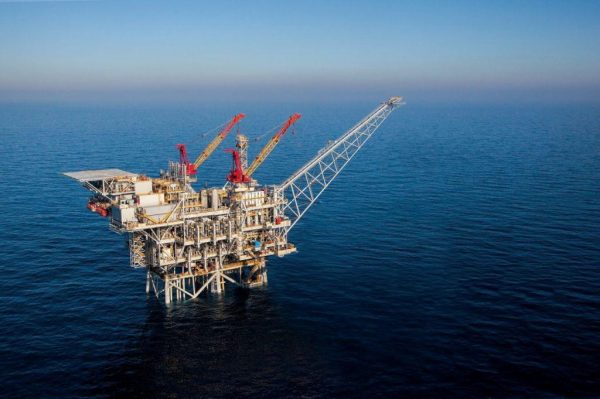
Challenges and Delays in Greece’s Hydrocarbon Exploration
Sources disclose that the petroleum companies holding the concessions are seeking partners to jointly invest and share the costs of exploration and drilling.

Greek Beach Visitors Can Report Violations on New ‘MyCoast’ App
Greek authorities hope the newly-launched, free ‘MyCoast’ app will help clamp down on public beach violations
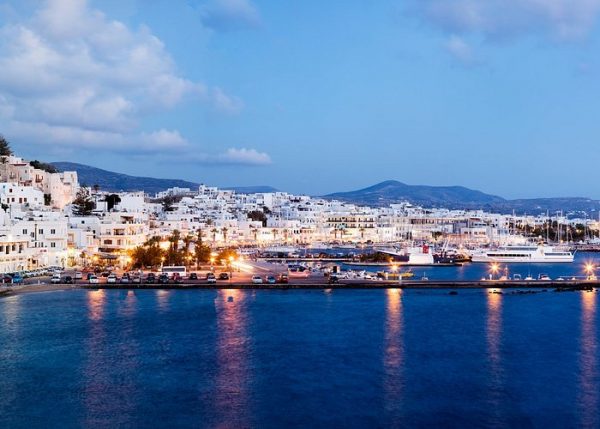
BoG Figures Confirm Banner Year for Greek Tourism in 2023
20.6 billion euros in related revenues topped the previous year’s figure by 16.5%

Piraeus Bank to Propose First Dividend in 16 Years
Piraeus Bank has forecast profits of roughly 900 million euros this year, rising to one billion euros next year

Eurostat: Inflation in Greece Eases to 3.2% in April; 2.4% in Eurozone
The rate of increase for food prices was up by 4.9% in April 2024, compared to 4.8% in the previous month

ELSTAT Feb. Retail Turnover Drops by 3.8%, Sales Volume Plummets by 9.8%
Additionally, the seasonally adjusted General Volume Index for Feb. 2024 experienced a 3.8% decrease compared to the previous month of the same year

Greek Buyers Lead Return to Vacation Home Market
In the last six months, Greeks have made a surge into the vacation home market, notably without relying on loans
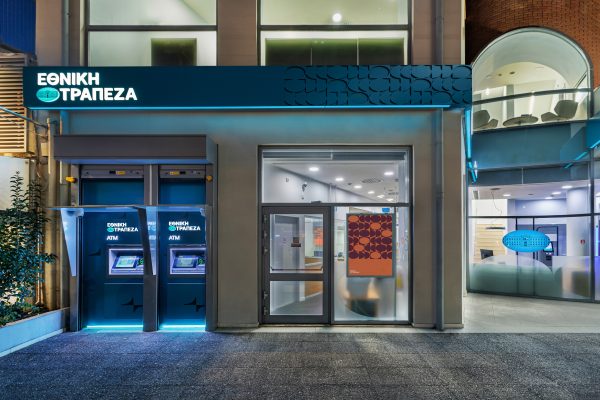
NBG Receives BBB Investment Grade by DBRS
This makes NBG the first Greek bank to regain Investment grade status, nearly 15 years after the onset of the Greek financial crisis

Greek Gov. Budget: Primary Surplus 3bln in Q1 2024
Value Added Tax (VAT) revenues reached 5.876 billion euros, down by 16 million euros compared to the target

















![Τουρισμός: Η Αθήνα στις 10 ελκυστικές ευρωπαϊκές πόλεις για ξενοδοχειακές επενδύσεις – Πού υστερεί η Θεσσαλονίκη [πίνακας]](https://www.ot.gr/wp-content/uploads/2022/08/hotel-g0908c6995_1920-90x90.jpg)
![Τουρισμός: Πόσα ξόδεψαν και πόσο έμειναν οι ξένοι επισκέπτες το 2023 [πίνακες]](https://www.ot.gr/wp-content/uploads/2024/02/ot_tourist_santorini2-90x90.png)

![ΤτΕ: Το top10 των περιφερειών με τα περισσότερα τουριστικά έσοδα [πίνακες]](https://www.ot.gr/wp-content/uploads/2024/04/02tourismos10-1-90x90.jpg)






















 Αριθμός Πιστοποίησης Μ.Η.Τ.232433
Αριθμός Πιστοποίησης Μ.Η.Τ.232433